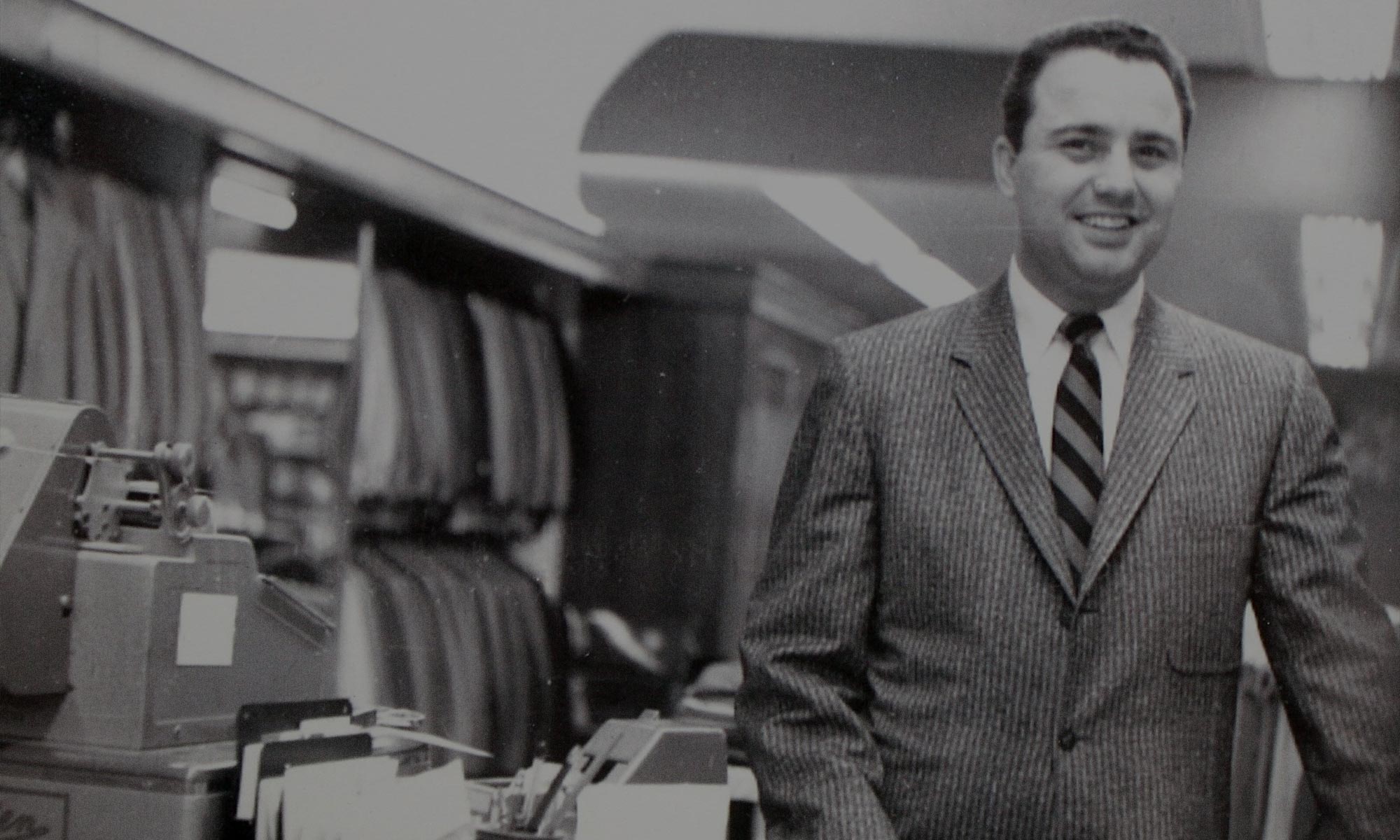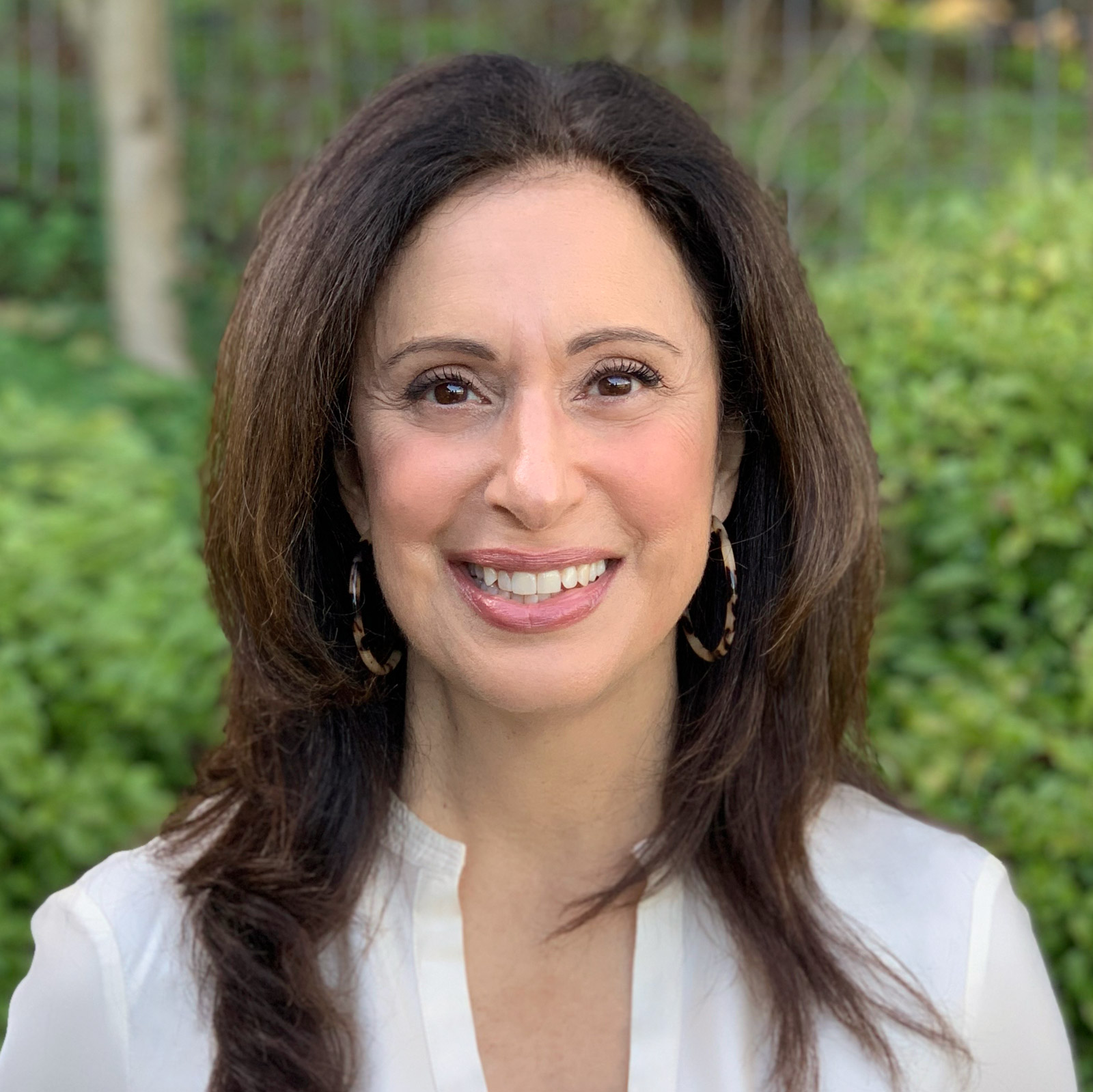Starting as a sixth-grader, I grew up working in my father’s specialty men’s clothing store, Malouf’s. Watching his work (in particular his customer advocacy) informed my approach to brand experiences, along with countless other lessons that continue to serve me to this day. Now, after almost three years of being in business for myself, four lessons from that clothing store remain critical to building my own lasting marketing consultancy:
01.
There’s no business without relationships
My father taught me to tend to relationships first and last; how we showed up in our interactions is how we built a successful retail business that is over 70 years old. He showed me that relationships — not products or services — are what make businesses. The reality is that very few people have a truly unique or one-of-a-kind offering, and so you do business with people you like, respect, and trust. And for my father’s clothing store, that meant he and all his employees were friendly and helpful but never hovering. They welcomed you to the store and treated you like valued guests whether it was your first visit or your 100th visit. And his relationships extended beyond customers to include vendors, business associates, community members, and neighbors, all of which helped to strengthen his business.
No doubt I have made mistakes and even flat-out failed in some business relationships, but tending to them has always been my No. 1 job (and joy). All opportunities are born from relationships, and my best work is done with others. Looking back on any accomplishment, the people — not the project — is what first comes to mind. So I focus on cultivating relationships, not “drumming up new business,” and opportunities follow.
02.
Integrity is paramount.
Growing up I often saw my father do more than the right thing. Even if he wasn’t at fault, he’d step up to make things right if a customer was dissatisfied with a product because he knew acting with integrity says so much about who we are. The long-term impact and goodwill from being trustworthy and honest will always come back around in one way or another. And regardless of any long-term benefit, you also have to live with yourself.
It’s important to me to continue that in my practice, whether by paying for something that may not have been included in an estimate but was needed to finish a project or by offering the client a refund when the project came in under the estimate. This feels like the right way to honor my roots.
03.
Attention to detail ensures success.
(Or at least, no regrets that you could have done more to achieve a different outcome). My father taught me that big things could happen only when you attend to the small details; in fact, focusing on excellence in the details was as close as you could get to assuring a good outcome. For example, the way we wrapped gifts was meticulous — everything from how we folded the garment to how we folded the tissue paper (double pleat); from how the sticker centered on the folded tissue to close it to only using three small pieces of tape to keep the package secure. And, of course, the ribbon had to be tied precisely in a certain way. Having a gift from Malouf’s under your Christmas tree became many families’ traditions in part because of this attention to detail.
Even if paying attention to details as small as where to put the price tag on an item of clothing seems unnecessary in the big picture, it was a discipline and training that permeated all our actions and ensured success in other ways. (After all, you don’t want the price tag to damage the clothing or hurt customers when they try the item on!). And today I give my clients and projects that same attention to detail honed over years of working in the store.
04.
Waste is wrong.
My dad had a knack for frugality. I’ll never forget how he would staple used papers together, flipped blank-side up, to use as DIY notepads. Could we have afforded new office materials? Of course. But minimizing waste was a matter of principle, not only when it was necessary for the balance sheet.
And it wasn’t just material or financial waste he emphasized. He also stressed not wasting an opportunity: take on something you haven’t done before to learn, take a calculated risk, make the most of any opportunity given to you, and learn from or even make up for your mistakes. Almost anything that comes to you in a workday is an opportunity to be better, and he taught me not to waste any of it.
None of what I learned growing up in my father’s store was an amazing business secret. These lessons are common sense. But what I learned was how to take these ideas and put them into practice until they became a way of being. Even decades later I see how I have not entirely lived up to these philosophies and yes, I do occasionally repeat the same mistakes. But then I remember: Don’t waste the opportunity mistakes give me. Learn from them.
Want to read more about my experience growing up in my family’s business and how that has shaped my customer-first philosophy? Click here.







